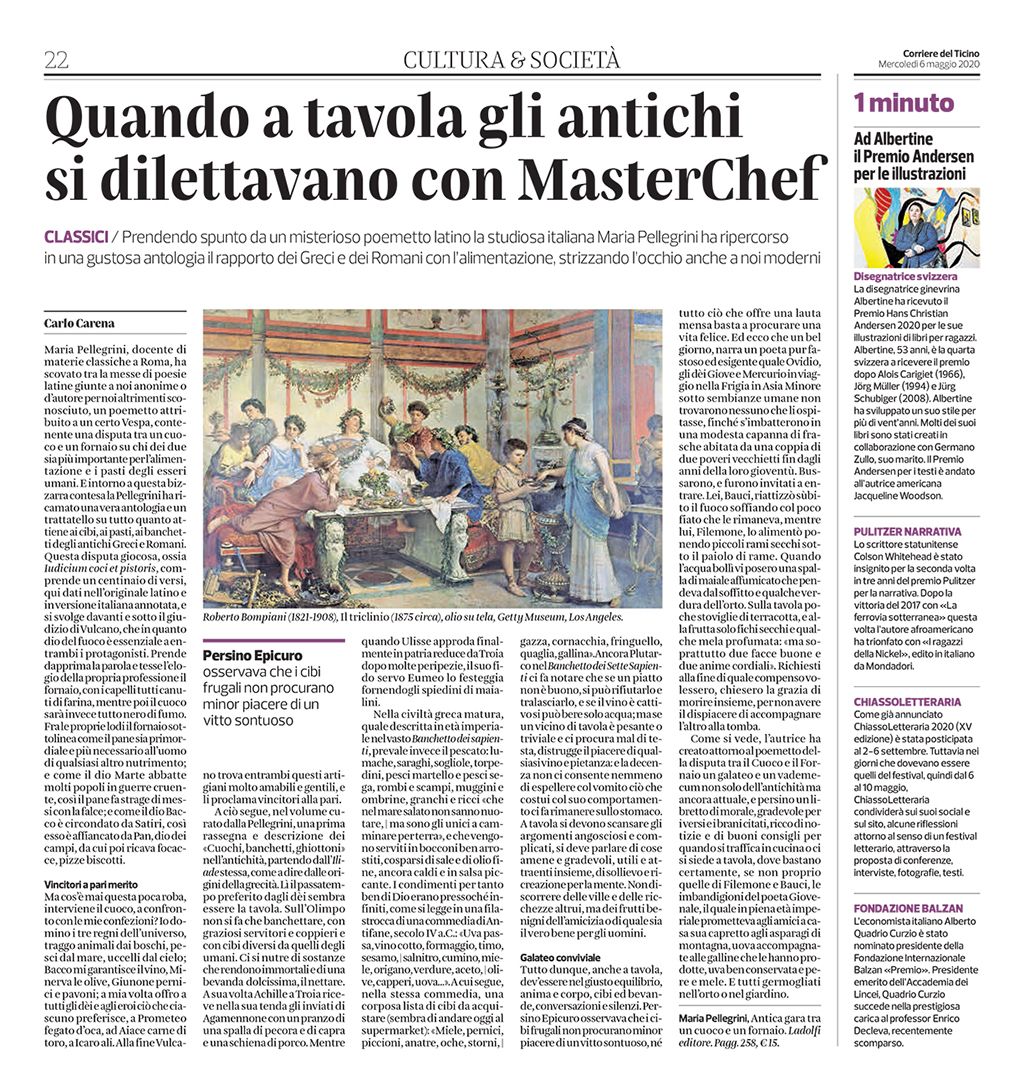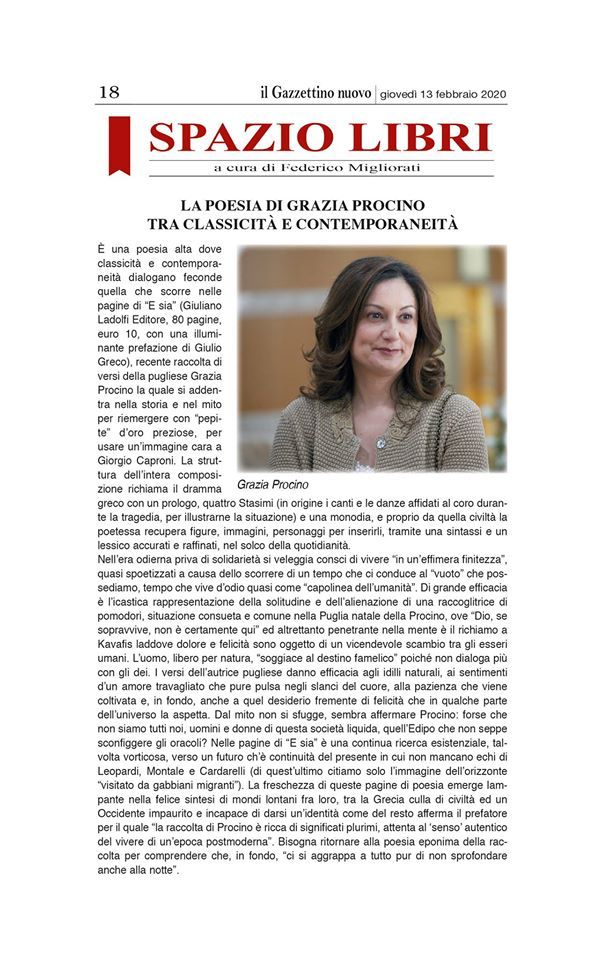Fineschi's prose, light and shrewd as if to simulate a narrator who speaks in a low voice, engages this time with a magnetic medieval story with dark outlines, between hell and holiness, suspended between Gothic angularity and learned philosophical dissertations.
The plot flows smoothly in the service of the author and his anxiety to face and analyze the relationship of man with the perception of himself and his image, but soon the investigation goes further, identifying in the contrast between normality and deformity a secret passage to wonder about the conflict between inner worlds disputed between light and darkness, sin and redemption, witchcraft and holiness.
In this context, the philosophy and Christian thought from Augustine to Thomas make up the flame with which Fineschi guides the reader along the narrow and dark path dotted with prejudices, superstitions and witchcraft of a Middle Ages of the soul, sliding with apparent lightness towards a possible solution to the mystery that upsets the existence of the protagonists.
That then such a solution exists or remains suspended, by reason or reason of faith, is not really important. What matters is the human questioning about the events of life and its mysteries, about our imperfections and our mirroring ourselves in them, but above all on that line between good and evil, between devil and holiness, which is not always so clear and intelligible.





